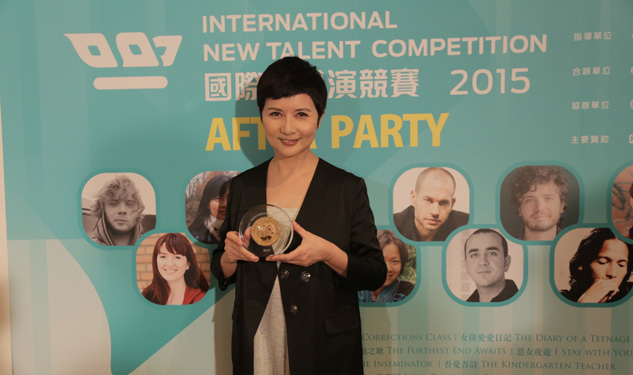
- Festivals
Taipei Film Festival Seeks New Identity As A Hub For Independents
While Taiwan becomes a hot location for big-budget project, Taipei’s local film festival aims at new and emerging talent from Asia and beyond.
With Martin Scorsese filming his upcoming movie Silence, and Luc Besson flying Scarlett Johansson across the Pacific Ocean for Lucy, Taipei is quickly becoming one of the hot new international movie locations. In an interesting counterpoint, its annual film festival remains committed to its role as a platform for independent films, especially those featuring the work of first time directors.
The Hollywood Foreign Press Association members recently went to Taipei and spoke with the new Chairwoman of the festival. Ms. Lieh Lee.
Award winning producer Ms. Lieh Lee leads this year’s Taipei film festival – from June 27 to July 18 – as the event enters its 17th year. The new TFF chairman is actively seeking new directors from around the globe as the festival strives to build its international identity. Ms. Lee says the Taipei Film Festival has no intention to compete with the already established Golden Horse awards; the 50-year-old event is the largest, most prestigious awards show in the region for Chinese speaking films. Backed by the Taipei city government, this year’s Taipei Film Festival is screening 160 films from over 40 countries, and showcases many local, Taiwanese films and talents.
One of the most sought-after events is its International New Talent Competition, which awards a cash prize of $20,000 (NT 600,000) to a first or second film of a new director. There is also a special jury award that grants a cash prize to support the innovative effort of a new talented director.
The Taipei Film festival takes place immediately after the now popular Shanghai Film festival, which in previous years has attracted Hollywood names like Nicole Kidman and Natalie Portman, and many international seeking “real money” in the growing Chinese market. Lee maintained that the positioning of the Taipei Film Festival varies greatly from its Chinese counterpart, but she doesn’t rule out the possibility of a future cooperation – if politics can be set aside.
Lynn Tso

